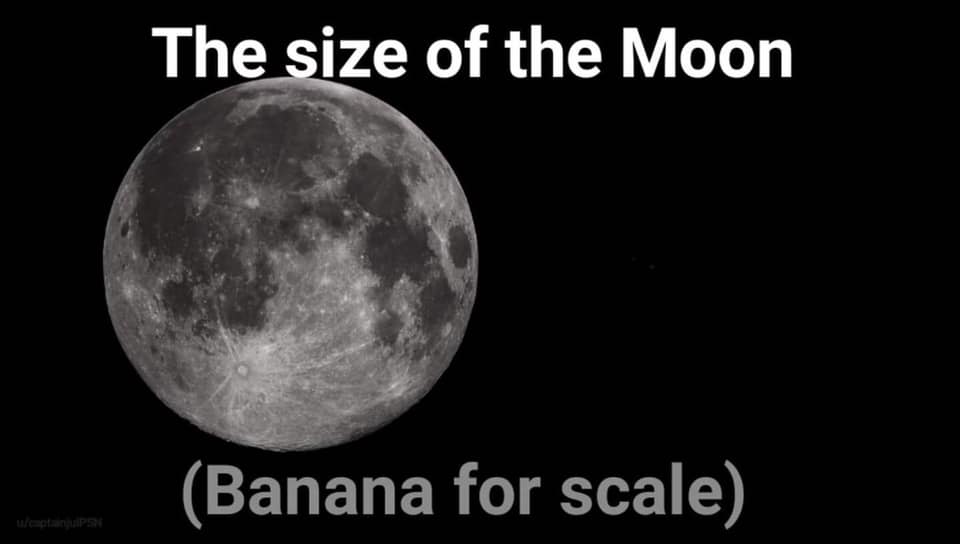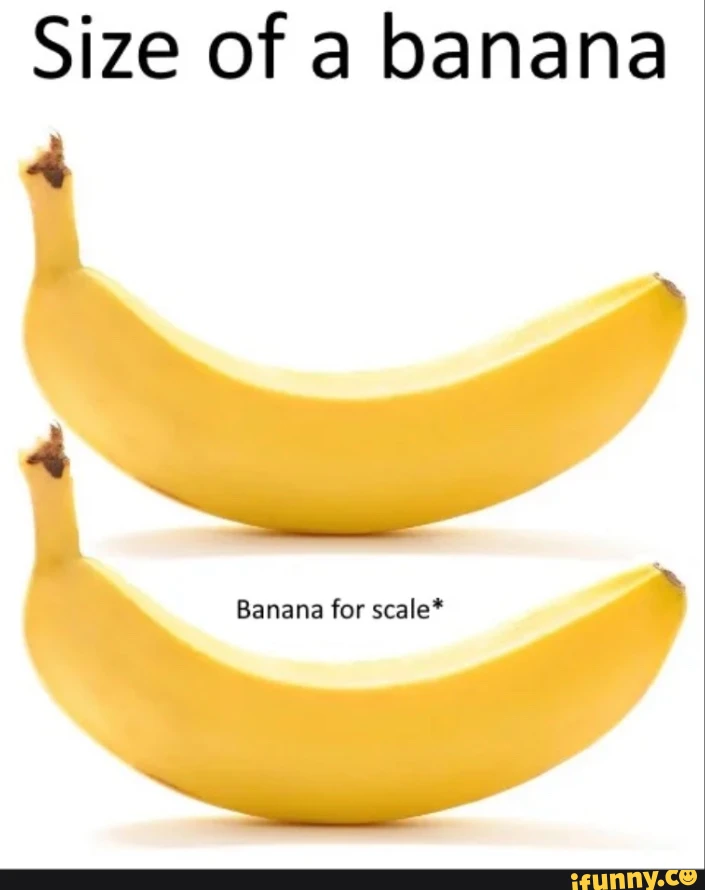Big Numbers
Most numbers are big. Like the number 6. Imagine having 6 pairs of glasses. Or 6 phones. That's a lot of phones and glasses.
5 can also be a big number. Sure, you have 5 fingers on your hand and 5 toes on each foot, but envision yourself trying to make 5 sandwiches. Wouldn't that be a hassle? Or what about telling the same person the same thing for a 5th time in a row?
And what about 4? Imagine having 4 musical instruments to practice, one after the other. Or maybe you're watching 4 movies, back to back to back to back. That's a lot of movies. 4 is a big number.
I could continue drawing comparisons with the number 31, or 22, or maybe even 13. But I think you get the point. The numbers we commonly consider small can be quite large4. But that all obviously depends on context. 5 sandwiches may be a lot, but 5 likes or 5 views sure isn't.
So let's talk about the really big numbers. Numbers like 1 million or 1 billion or 1 trillion. Unfortunately, past the number 85, our brains fail to comprehend the magnitude of a number. Which is why we especially can't comprehend numbers like a million or even a billion.
Sure, we can see videos or tweets (xs?) getting millions or billions of views, but I'm fairly confident that we don't realize what that actually means. Imagine gathering 100 of your friends. Now do that 100 more times. And get 100 other people to do the same thing. And that's simply 1 million people6.
Now what makes these big numbers worse are comparisons that don't really help. Anyways, for these next 2 images, try to guess what makes them funny.7


Clearly, in the first image, the banana is literally of no help of all. This would be like giving a penny for scale in regards to a skyscraper.
In the second image, the banana also provides no information but in a funnier way -- it's self-referential and doesn't actually make any connection to the world. For example, when we use things like our hand, a piece of paper, or a ruler for scale, it's because those things have "known" sizes. Compare a piece of paper (not an A4 piece of paper, just a piece of paper) to itself however and there is no "known" object to compare the piece of paper to.
This is what I feel when people visualize some rich person's wealth by comparing it to stacking dollar bills to the moon. Sure, you're telling me they have a lot of money, but I really don't know how much besides a hecking lot.
Similarly, in this webpage showcasing Bezos's wealth, although the website (probably) does an amazing job emphasizing Bezos's wealth, it gets lost based on how long that bar really is -- you're scrolling endlessly to what feels like no end, and your brain has completely shut down and stopped trying to quantify Bezos's wealth beyond "he has a fuckton of money".
Anyways, numbers are big8. Comparisons are challenging. Don't forget that no one really knows how big a million is besides the fact that "it's a really humongous number".
3 classes? 3 sports competitions? 3 children?↩
Finish 2 books? 2 liters of water? Running 2 miles?↩
Pack 1 suitcase? Read 1 chapter? Do 1 project?↩
If you can't tell, I got slightly carried away listing things out above.↩
This was a pretty arbitrary choice for those asking why not stop at 7.↩
Plus some change -- I overcounted. At the first step, once you have gathered 100 friends, since we're not including yourself in this count, that means there are 101 people. I purposely overcounted here to give more of the visual representation -- 100100100 = 1,000,000 and most people will simply roll with what I said without questioning if it's actually a million people. Also, the number 99 isn't as clean as the number 100. 100 is a nice number that can fit in a square (literally -- 102 = 100). 99 feels almost there but not quite.↩
Hopefully these embeds work on your side.↩
In context -- numbers can be small and big↩